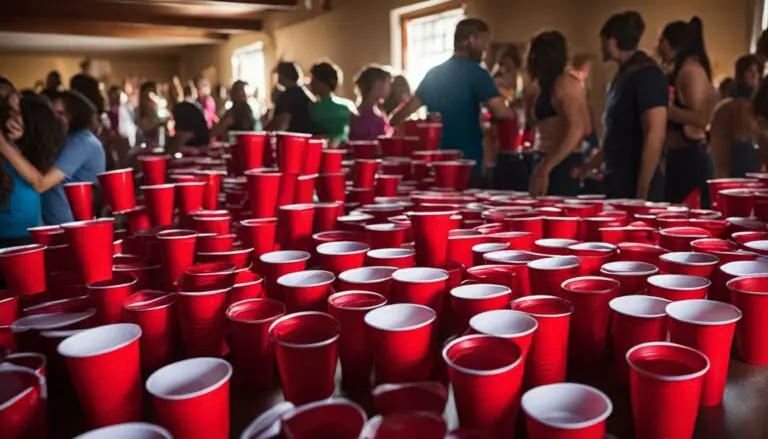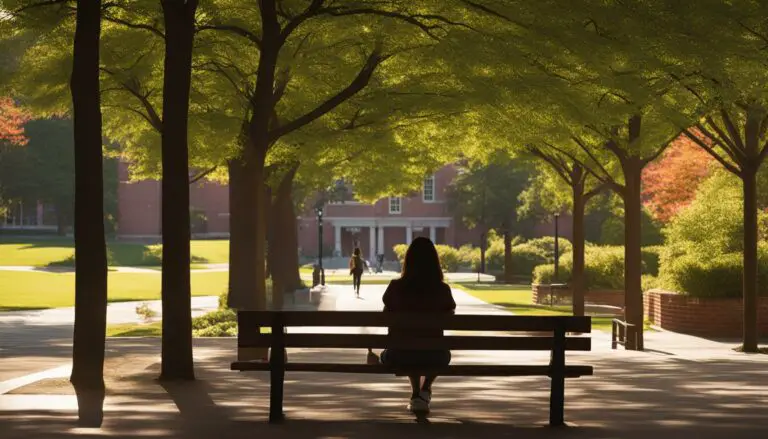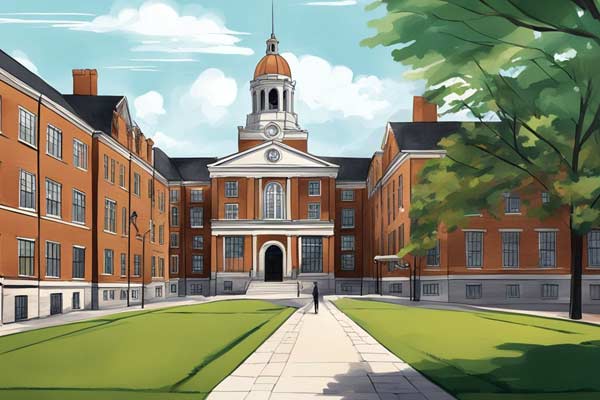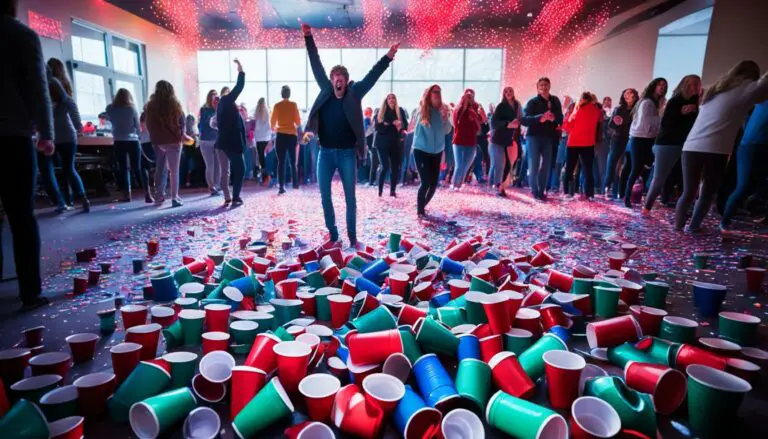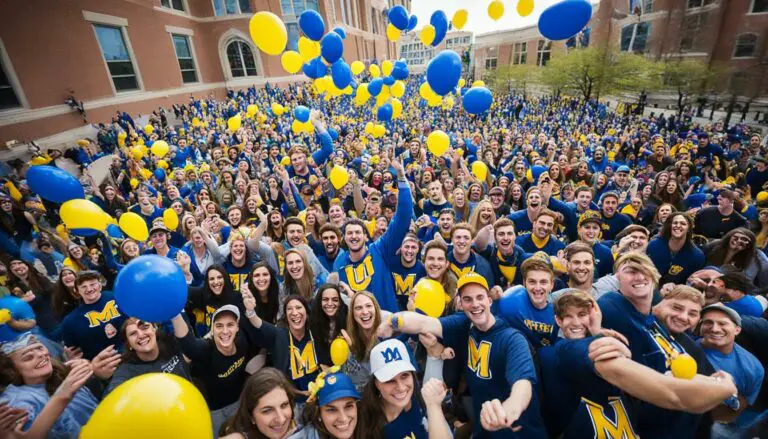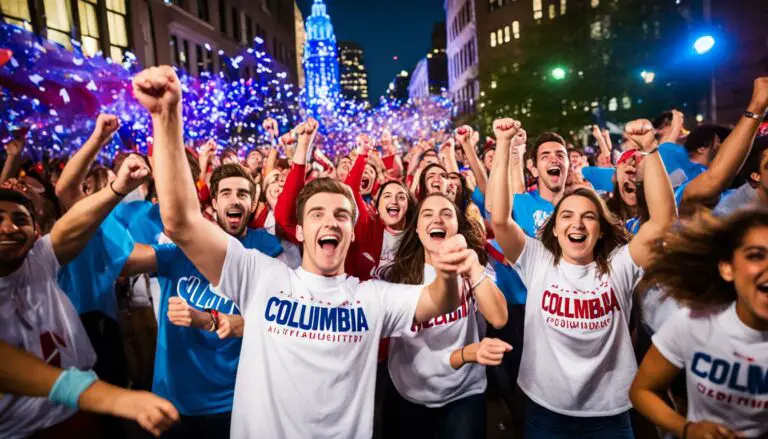Best Extracurriculars for Ivy League Admissions: A Comprehensive Guide
Engaging in extracurricular activities is pivotal in the college application journey, particularly when aiming for admission to Ivy League institutions.
Admissions officers take a holistic approach to evaluating applicants, considering a range of factors beyond just academic performance. Extracurricular activities are one of the most critical factors that admissions officers evaluate.
Ivy League schools look for students who are well-rounded and have demonstrated achievement in multiple areas. Extracurricular activities allow students to showcase their interests, passions, and skills outside the classroom.
Participating in extracurricular activities demonstrates students’ ability to manage their time effectively and balance multiple responsibilities.
Admissions officers look for applicants who have a genuine passion for their extracurricular activities and have achieved a significant level of success in their chosen pursuits.
It is not enough to participate in a wide range of activities; applicants should focus on attaining depth, not just breadth.
In other words, it is better to have a few activities that demonstrate a high level of commitment and achievement than many activities with minimal involvement.
Types of Extracurricular Activities
Regarding extracurricular activities, there are various options available for high school students. The following are some of the most common extracurricular activities that can help students stand out in their college applications.
Sports
Participating in sports is a great way to demonstrate leadership, teamwork, and dedication.
Ivy League schools are known for their strong athletic programs, so being involved in a sport can be particularly beneficial for students who aspire to attend these schools. Some popular sports for Ivy League applicants include tennis, football, and crew.
🌟 Hey Students! 🚀 Ready for the ultimate experience? Join us on Studentsinside.com's Facebook, YouTube, WhatsApp, and LinkedIn. Click now for tips, fun, and success vibes! 🌈✨ #StudentLife #JoinUs
Clubs and Organizations
Joining a club or organization can show that a student is passionate about a particular subject or cause.
Ivy League schools are looking for students committed to making a difference in their communities, so being involved in a club like Student Government or Key Club can be a great way to demonstrate this commitment.
Community Service
Volunteering is another way for students to show that they are dedicated to making a positive impact in their communities.
Habitat for Humanity and other volunteer organizations can provide opportunities for students to give back and develop leadership skills.
Academic Competitions
Participating in academic competitions like debate teams or the Science Olympiad can demonstrate a student’s intellectual curiosity and academic prowess.
Ivy League schools are looking for students who are passionate about learning and willing to challenge themselves academically.
Arts and Music
Students who are talented in the arts or music can use their talents to stand out in their college applications.
Ivy League schools are looking for students who are well-rounded and have a variety of interests, so being involved in activities like theater programs or music ensembles can help demonstrate this.
Business and Entrepreneurship
For students interested in business or entrepreneurship, starting a product or website or participating in a business club can show initiative and leadership skills.
Ivy League schools are looking for students who are innovative and entrepreneurial, so these types of activities can be particularly beneficial.
Internships and Summer Programs
Internships or summer programs can provide valuable experience and demonstrate students’ commitment to their field of interest.
Ivy League schools are looking for students who are passionate about their future careers and willing to work hard to achieve their goals.
The Role of Passion and Commitment
Passion and commitment are two essential qualities that Ivy League schools look for in their applicants’ extracurricular activities.
These qualities demonstrate that the student has a genuine interest and dedication to their chosen activity, and they are willing to put in the time and effort required to excel in it.
Ivy League schools are not just looking for students who have participated in a wide range of activities; they want to see that the student has a deep passion for at least one activity.
This passion can be demonstrated through the student’s level of involvement, leadership roles, and awards or recognition received.
Furthermore, Ivy League schools are interested in students with a long-term commitment to their extracurricular activities.
This commitment can be demonstrated through the number of years the student has participated in the activity, the level of involvement, and any leadership roles held.
In addition to demonstrating passion and commitment, students should show initiative in their extracurricular activities.
Ivy League schools want to see that the student has taken the initiative to create new opportunities, organize events, or take on challenges within their chosen activity.
Leadership and Teamwork in Extracurriculars
Extracurricular activities that promote leadership and teamwork can be especially valuable for students aiming to attend an Ivy League school.
Participating in these activities can provide students with essential skills that will be advantageous during college and in the years ahead.
Participating in a leadership role within an extracurricular activity is a great way to demonstrate leadership skills to college admissions officers.
Some examples of extracurricular activities that can offer leadership roles include Model United Nations, Future Business Leaders of America, and Key Club.
These activities help students learn how to work collaboratively with others, delegate tasks, and take initiative.
Team sports offer an excellent opportunity to develop leadership and teamwork abilities.
As students become part of a team, they discover the art of collaborating towards a shared objective, enhancing communication, and providing mutual support.
Additionally, team sports can demonstrate a student’s commitment and dedication to a particular activity.
Other extracurricular activities that can promote leadership and teamwork skills include debate clubs, student government, and community service organizations.
These activities help students learn how to communicate effectively, make decisions collaboratively, and work towards a common goal.
Quality Over Quantity Approach
Regarding extracurricular activities, Ivy League admissions officers value quality over quantity.
It is important to choose activities that align with your interests and goals and to demonstrate depth of involvement and leadership within those activities.
While it may be tempting to participate in as many extracurriculars as possible, spreading oneself too thin can harm one’s application.
Admissions officers are looking for applicants who have made a significant impact in a few areas rather than those who have merely dabbled in many.
Therefore, it is recommended that students focus on 2-4 meaningful extracurricular activities where they can show their passion, commitment, and impact.
This allows for a more in-depth and significant experience and enables students to showcase their leadership skills and ability to make a difference.
It is also important to note that the quality of the extracurricular activity itself is crucial. Ivy League admissions officers are looking for activities demonstrating creativity, innovation, and a commitment to making a difference in one’s community or beyond.
Therefore, it is important to choose activities that are meaningful and impactful rather than just participating in activities for the sake of padding one’s resume.
Balancing Academics and Extracurriculars
Regarding Ivy League admissions, academic performance is undoubtedly the most critical factor.
However, extracurricular activities can also play a significant role in the admissions process. Therefore, students must balance academics and extracurriculars to create a compelling portfolio.
High school students should focus on maintaining a high GPA and achieving excellent grades in challenging courses.
This academic performance demonstrates a student’s ability to handle rigorous coursework and sets them apart from other applicants.
However, it is essential to note that Ivy League schools also value well-rounded students involved in extracurricular activities.
To find the right mix of school and fun, students should focus on their studies and enjoy activities they like.
It is crucial to find a balance that works for each student, as overcommitting to extracurricular activities can negatively impact academic performance.
Students should also consider the type of extracurricular activities they participate in. Ivy League schools value a variety of extracurricular activities, including traditional, independent, and unconventional activities.
Students should choose activities that showcase their passions, initiative, and significant achievements.
Impact of Extracurriculars on College Applications
https://www.youtube.com/watch?v=Kxxxo2cu9HY&embed=true
Extracurricular activities are significant in college applications, especially for selective colleges like Ivy League schools.
Admissions committees look for applicants who have a well-rounded track record of academic excellence and extracurricular involvement. While grades and test scores are essential, extracurricular activities can make a difference in the admissions decision.
Participating in extracurricular activities demonstrates an applicant’s commitment, passion, and leadership skills.
Admissions committees want to see that applicants have pursued their interests and made an impact in their communities. They also look for applicants willing to take on challenges and overcome obstacles.
Recommendation letters written by teachers, coaches, or mentors can offer valuable insights into an applicant’s personality, dedication, and ability to lead.
These letters can help admissions committees get a better sense of how an applicant has contributed to their school or community through their extracurricular activities.
It’s essential to note that quality is more important than quantity in extracurricular activities. Admissions committees are looking for applicants who have yet to participate in every club or activity available.
Instead, they want to see applicants who have achieved depth in their involvement and made a significant impact in their chosen activities.
Extracurriculars in the Context of Ivy League Schools
Participation in extracurricular activities dramatically impacts your chances of getting into Ivy League schools.
These elite institutions are looking for students who not only excel academically but also possess a diverse range of skills and interests.
While there is no specific formula for getting accepted into an Ivy League school, having a solid extracurricular profile can significantly increase the chances of success.
Harvard, MIT, and other Ivy League institutions are renowned for their rigorous academic standards. They seek applicants who excel not only in their studies but also engage in activities beyond the classroom.
They want people who can make the campus better. That’s where after-school activities come in. When students show their talents and interests outside of class, it helps them get into these schools.
Success in extracurricular activities is not just about participation; it’s about leadership and impact. Ivy League universities seek students who have positively impacted their communities and assumed leadership positions in their extracurricular pursuits.
This could be anything from starting a nonprofit organization to leading a student club or sports team.
While there is no one-size-fits-all approach to choosing extracurricular activities, some are more highly regarded. For example, participating in sports such as tennis, football, and crew can demonstrate leadership, team cooperation, and passion.
Similarly, involvement in music, theater, or debate can showcase creativity, public speaking skills, and critical thinking abilities.
Common Misconceptions About Extracurriculars
Several things could be improved about extracurricular activities and their role in Ivy League admissions. Here are some of the most common ones:
The more extracurriculars, the better: Students often believe that the more extracurricular activities they participate in, the better their chances of getting into an Ivy League school. However, this is only sometimes true.
Admissions officers prefer to see students who have a few activities that they are truly passionate about and have excelled in rather than those who have participated in many activities without showing any real commitment or achievement.
Only traditional activities count: Another common misconception is that only traditional activities like sports, music, and volunteering count as extracurriculars.
In reality, any activity a student is passionate about and has put effort into can be considered an extracurricular. This could include debate, coding, or even starting a small business.
Extracurriculars are only crucial for Ivy League admissions: While it is true that extracurricular activities play a significant role in Ivy League admissions, they are also vital for admissions to other colleges and universities.
Many schools outside of the Ivy League place a greater emphasis on extracurricular activities than Ivy League schools do.
Extracurriculars are crucial for college admissions: Extracurricular activities are not only important for college admissions, but they also provide students with valuable skills and experiences that can help them in their future careers.
For instance, joining a debate club can enhance your ability to speak in front of an audience, while helping out at a hospital can offer valuable hands-on experience for individuals aspiring to work in healthcare.
Students must recognize the significance of extracurricular activities in college admissions and select ones they are genuinely enthusiastic about and can excel in.


